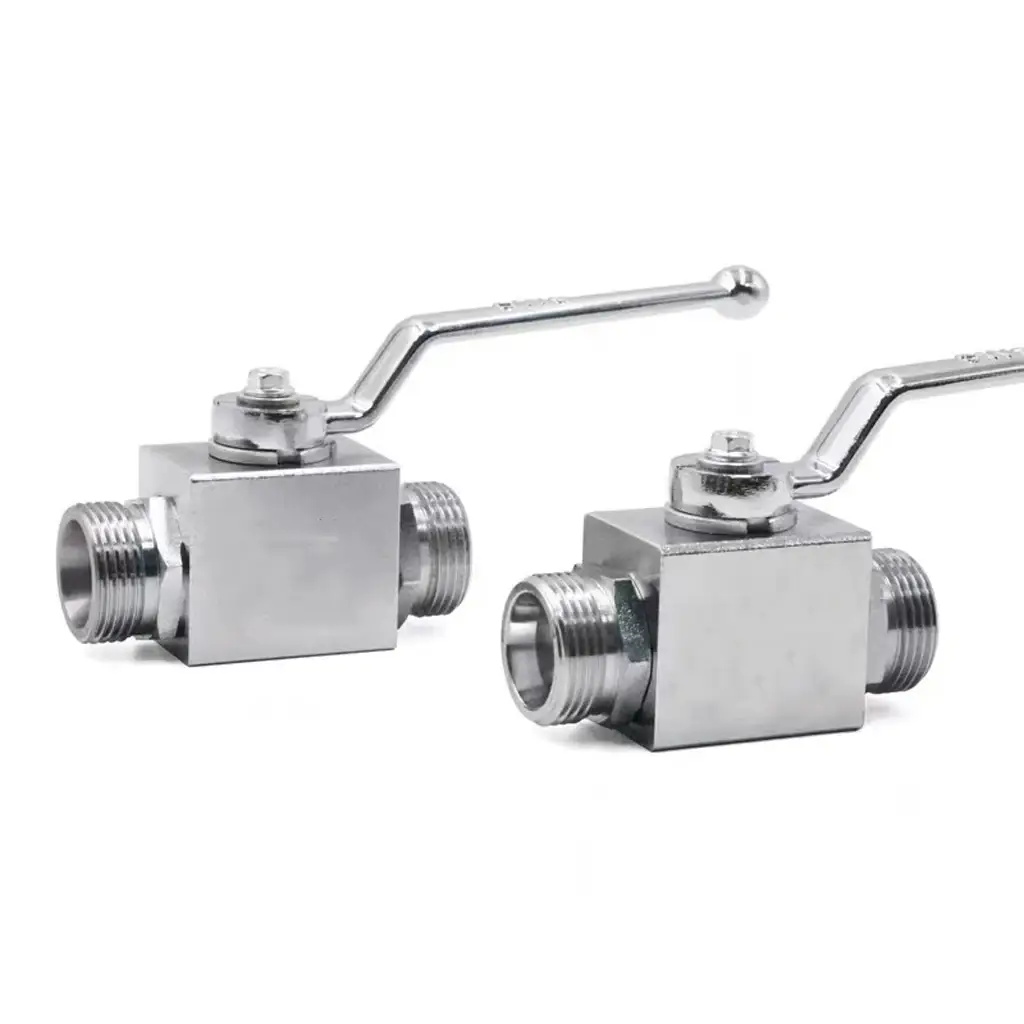Email format error
Email cannot be empty
Email already exists
6-20 characters(letters plus numbers only)
The password is inconsistent
Email format error
Email cannot be empty
Email does not exist
6-20 characters(letters plus numbers only)
The password is inconsistent

News

3 Piece Ball Valve Manufacturers in Today's Market
In the industrial world, precision and reliability are paramount. 3 piece ball valves are a critical component in various applications, providing excellent control over fluid flow. With an increasing demand for these valves, understanding the manufacturing processes, applications, and how to select the right manufacturer is essential. This blog delves into these aspects, equipping you with the knowledge to make informed decisions.
What Are 3 Piece Ball Valves?
3 piece ball valves consist of three separate pieces: the body, the ball, and the stem. This design allows for easier maintenance and repair without needing to disassemble the entire pipeline. These valves are favored for their durability, performance, and versatility across multiple industries.
Manufacturing Processes of 3 Piece Ball Valves
-
Material Selection
- High-quality 3 piece ball valves begin with the right materials. Common materials include stainless steel, brass, and carbon steel, selected based on the intended application. For example, stainless steel is often used for corrosive environments, while brass is suitable for less demanding applications.
-
Casting and Forging
- The body of the valve is typically created through casting or forging processes.
- Casting involves pouring molten metal into a mold, allowing it to solidify into the desired shape. This method is cost-effective for producing large quantities.
- Forging, on the other hand, involves shaping the metal using compressive forces, resulting in a stronger and more durable valve.
-
Machining
- Once the basic shape is formed, the valve components undergo precise machining. This step includes drilling, milling, and threading to ensure that the parts fit together perfectly. High-precision CNC (Computer Numerical Control) machines are often employed for this purpose.
-
Assembly
- After machining, the individual components (the body, ball, and stem) are assembled. This stage may also involve the installation of seals and gaskets to ensure a leak-proof design.
-
Quality Control
- Rigorous quality control measures are essential at every stage of manufacturing. This includes testing for leaks, pressure testing, and checking dimensional accuracy to ensure that each valve meets industry standards.
-
Finishing
- Finally, the valves undergo surface treatments such as polishing or coating to enhance durability and resistance to corrosion.
Applications of 3 Piece Ball Valves
-
Oil and Gas Industry
- 3 piece ball valves are extensively used in oil and gas pipelines for flow control and isolation. Their ability to handle high pressures and temperatures makes them ideal for this demanding environment.
-
Chemical Processing
- In chemical plants, these valves are crucial for controlling the flow of corrosive and hazardous materials. The durable materials used in 3 piece ball valves can withstand aggressive chemicals.
-
Water Treatment
- These valves play a vital role in water treatment facilities, helping regulate the flow of water and ensuring effective filtration processes.
-
Food and Beverage Industry
- 3 piece ball valves are also used in the food and beverage sector, where hygiene is crucial. The valves can be easily disassembled for cleaning, ensuring compliance with safety standards.
How to Choose a 3 Piece Ball Valve Manufacturer
-
Industry Experience
- Look for manufacturers with a proven track record in producing 3 piece ball valves. Companies with extensive experience are more likely to understand the specific needs of various industries.
-
Quality Standards
- Ensure that the manufacturer adheres to recognized quality standards, such as ISO 9001 or API certifications. This guarantees that their products meet stringent quality requirements.
-
Customization Options
- Consider whether the manufacturer offers customization options. Depending on your application, you may need specific materials, sizes, or configurations. A manufacturer that can accommodate these needs will be invaluable.
-
Technical Support
- Evaluate the level of technical support the manufacturer provides. A reputable manufacturer should offer assistance with installation, maintenance, and troubleshooting.
-
Reviews and References
- Research customer reviews and ask for references from previous clients. Positive feedback from other businesses can provide insight into the manufacturer’s reliability and product quality.
-
Pricing and Warranty
- While cost is an important factor, it should not be the only consideration. Compare prices across different manufacturers, but also pay attention to warranty offerings. A longer warranty often indicates confidence in product quality.
Conclusion
As industries increasingly rely on 3 piece ball valves for effective flow control, understanding the manufacturing processes, applications, and how to choose the right manufacturer becomes essential. These valves are not only crucial for operational efficiency but also play a significant role in ensuring safety and compliance across various sectors.
By focusing on quality, experience, and support, you can select a manufacturer that meets your needs and helps ensure the success of your operations. In a world where precision and reliability matter, investing in high-quality 3 piece ball valves is a decision that pays off in the long run.

